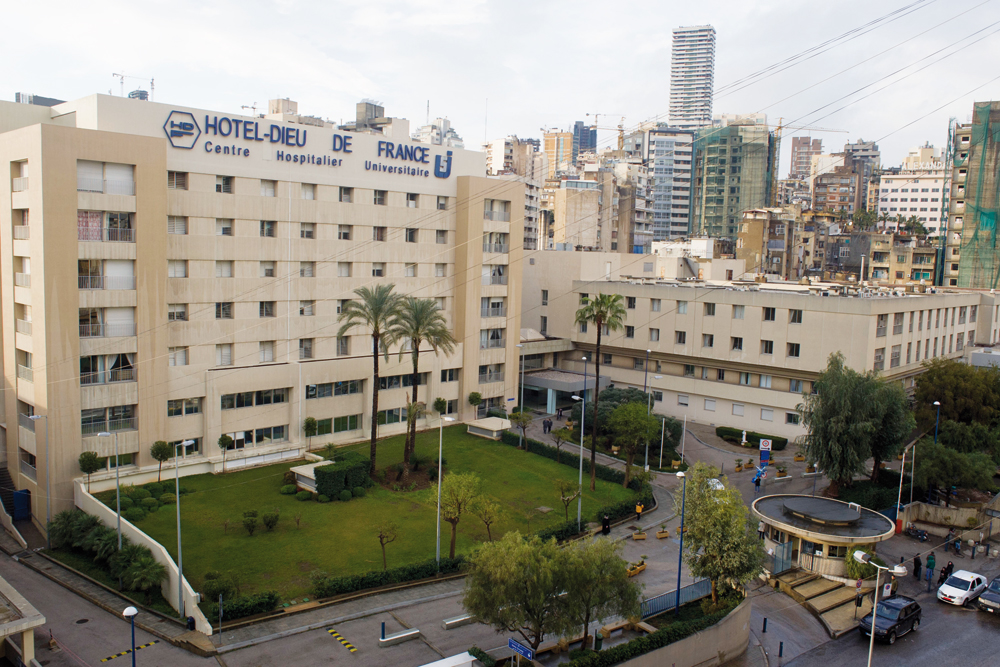Prognosis growth
written by James Haines-Young & Maya Gebeily
James Haines-Young
James has spent nearly a decade covering news and politics across the Middle East, including reporting on policy and provision of humanitarian support to the millions of displaced Syrian refugees. He is the foreign editor at The National in Abu Dhabi and was previously the Lebanon and online editor at The Daily Star in Beirut. He has bylines in The Guardian, The Economist, Vice, Mashable and others.
Maya Gebeily
Maya Gebeily is a Lebanese-American freelance journalist currently based in Beirut. She writes about security, diplomacy, and social issues throughout the Middle East. She tweets at @gebeilym.

